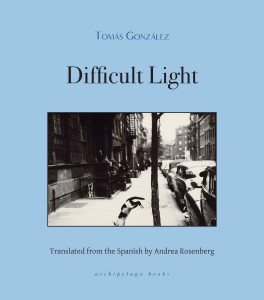We hope you’re staying dry. If you’re looking for a book to curl up with, check out these staff reads—hailing from Colombia, Germany, and India. Sign up for our newsletter to get these recommendations delivered right to your inbox.

Like an archaeology museum, Judith Schalansky’s An Inventory of Losses (New Directions, 2020), translated from the German by Jackie Smith and longlisted for the 2021 International Booker Prize, catalogues objects, places, artwork, people, and animals lost to history across centuries of time and continents through twelve genre-bending and essayistic pieces, one of which was previously featured in Asymptote. Schalansky is a German writer and editor, whose previous novels grappled with the transience of things, isolation, and the disappearance of islands and species. Schalansky adopts a wide range of styles to enter the world of her material and reanimate the objects under consideration, while Jackie Smith captures the idiosyncratic form of each piece. Schalansky’s pieces are indeterminate, meandering collages of history, biography, memoir, and criticism. They are linked through their concerns with the ravages of time, the processes of decay, and memorialization. In the style of W.G. Sebald and Sir Thomas Browne, these pieces represent memento mori, in that they meditate on the disintegration of things, while also asking us to consider how the past is interpreted from writings, artifacts, and a discontinuous archive. These retellings of history are acts of preservation—they give voice to the silenced, reorient the reader toward an era, a place, or a person, while also probing the political and philosophical dimensions of memory and forgetting.
—Darren Huang, Editor-at-Large for Taiwan

David, an aging painter losing his vision to macular degeneration, reflects on the most difficult night of his life: his son’s euthanasia twenty years ago. Such is the plot of Tomás González’s elegiac novel Difficult Light, translated from the Spanish by Andrea Rosenberg, and released by Archipelago Books. As David writes, he keeps returning to the night in New York City when his family waited to hear if his son, paralyzed and suffering, had followed through with his decision to die. Will the doctor show for the illegal assisted suicide in Portland? Will his son change his mind? Death permeates the novel. His son’s. His wife’s. His own, impending. But so does beauty, love, humor, and though it’s difficult, light.
—Kent Kosack, Director, Educational Arm READ MORE…



